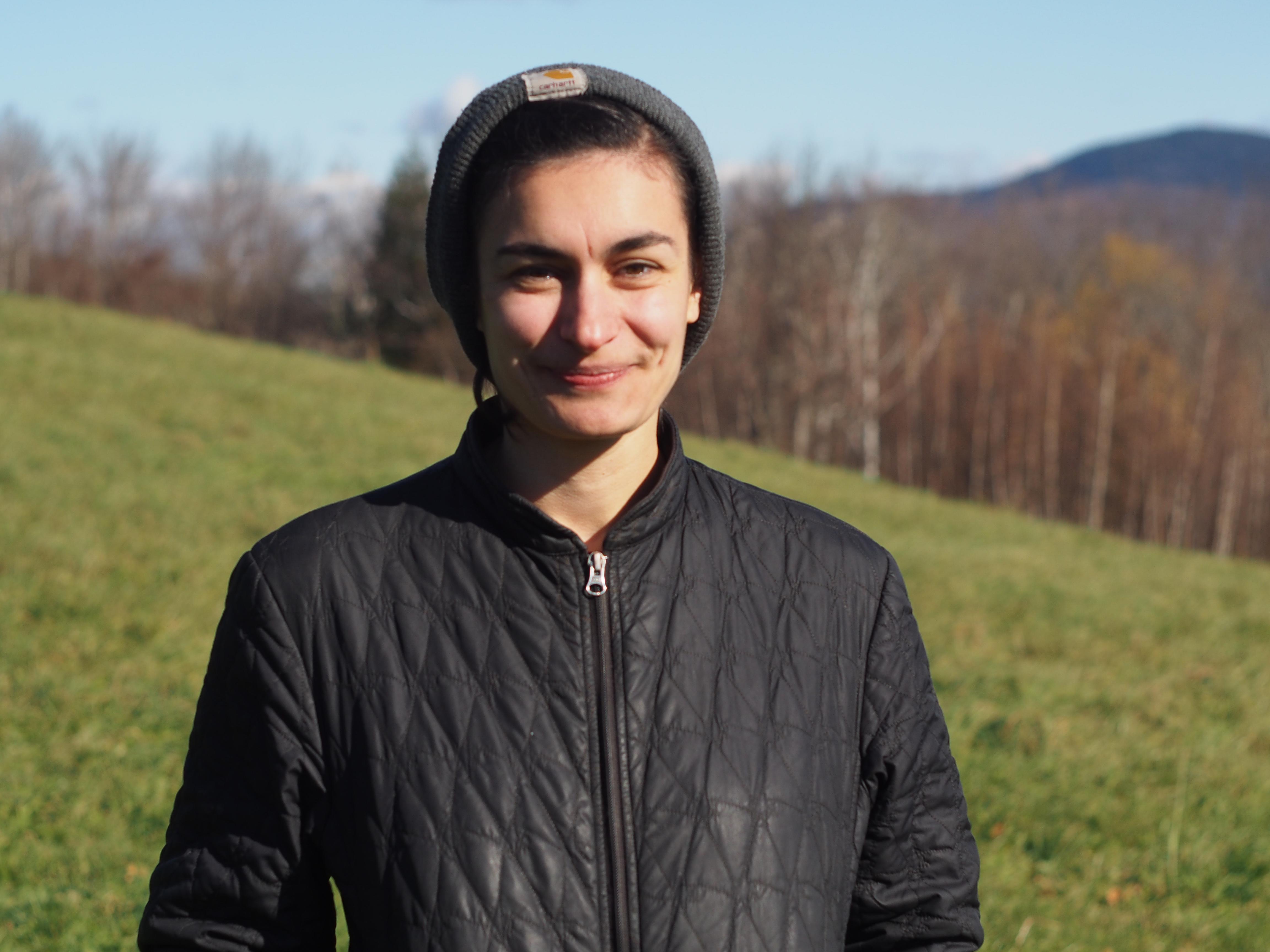The Senior Farm Share Program helps limited-income seniors living in participating housing sites to access fresh locally-grown fruits and vegetables from their local farmer. Each week a Senior Farm Share member receives a portion of the harvest from the farm. In addition to receiving vegetables, seniors are given the opportunity to connect with other seniors within their residence through food distribution and preparation, learn from ways to cook and preserve their produce, meet other community members who are associated with the farm, and develop a relationship with the farmer who grows the food they eat each week. In 2024, there were over 1,000 Senior Farm Share members throughout Vermont!
The 2025 application period is now closed. Please check back in April 2026 for next year's application.
If you are a resident at a housing site that does not yet participate in the Senior Farm Share Program, and you think you may be eligible, please email [email protected].
A list of participating housing sites in 2025 can be found here.

